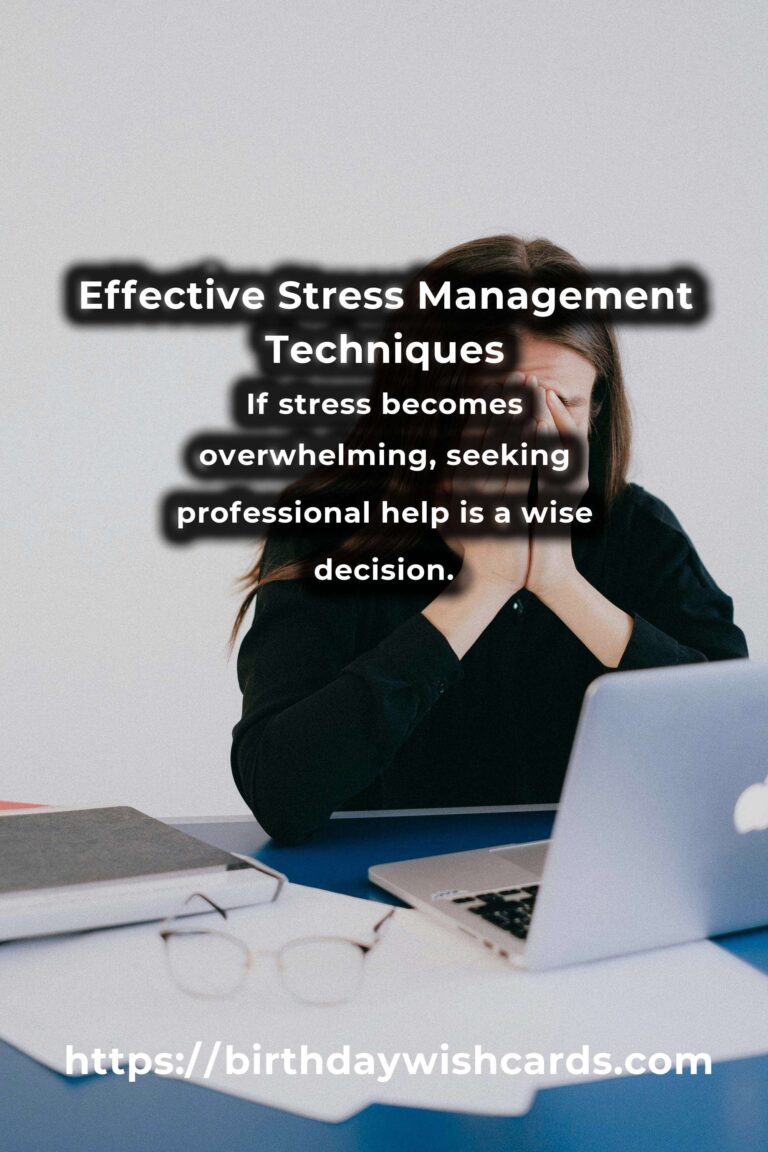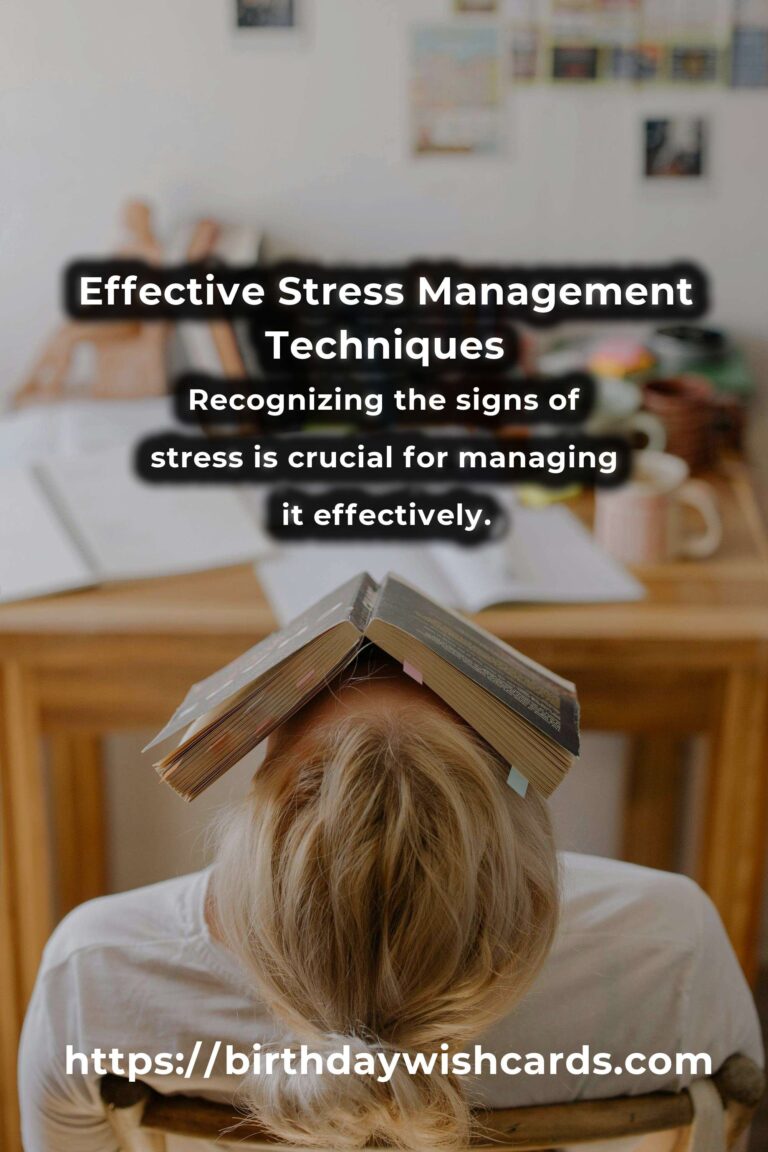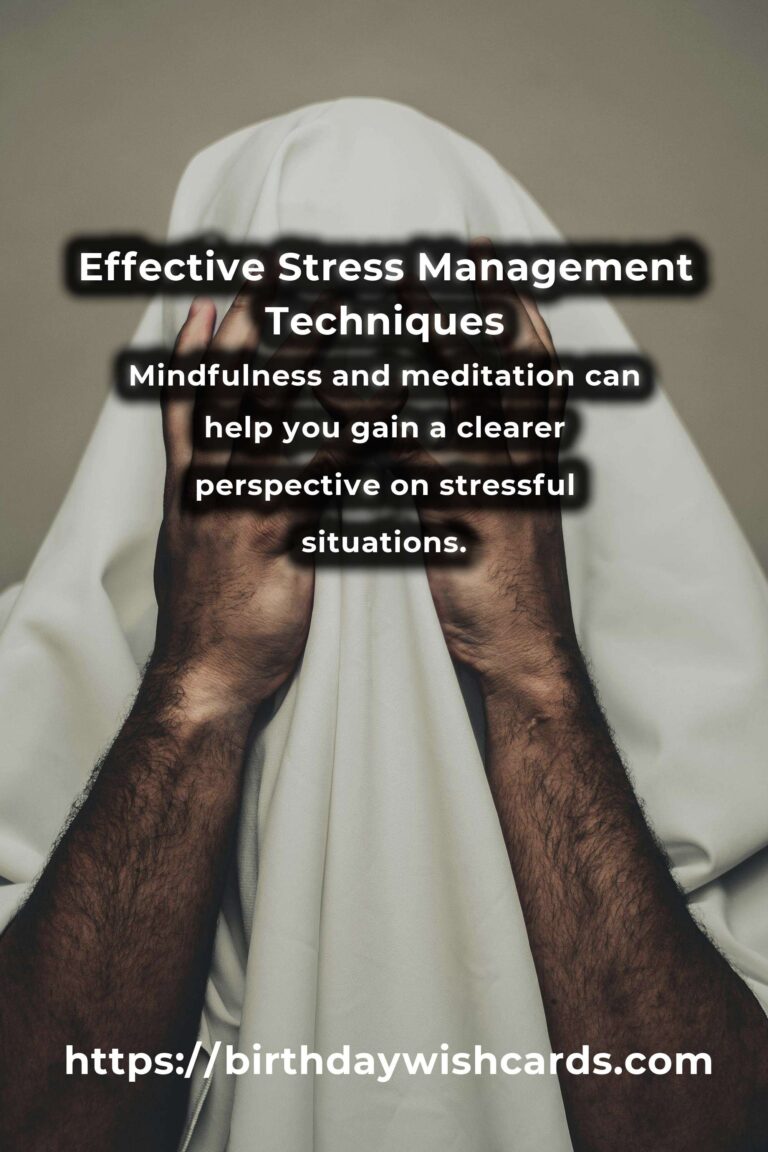
Stress is an inevitable part of life, affecting individuals of all ages and backgrounds. While some stress can be motivating, chronic stress can have detrimental effects on your health and well-being. Fortunately, effective stress management methods are available that can help you to cope with stress more effectively and improve your overall quality of life.
Understanding Stress and Its Impact
Stress is the body’s response to perceived threats or demands. When you face a challenging situation, your body releases stress hormones such as adrenaline and cortisol. These hormones prepare your body to take action, which is known as the ‘fight or flight’ response. While this response can be beneficial in short bursts, prolonged exposure to stress hormones can lead to a variety of health issues, including anxiety, depression, heart disease, and a weakened immune system.
Recognizing the signs of stress is crucial for managing it effectively. Common symptoms include irritability, fatigue, headaches, difficulty concentrating, and changes in appetite or sleep patterns. By identifying these signs early, you can take proactive steps to manage your stress before it becomes overwhelming.
Effective Stress Management Techniques
There are numerous techniques that experts recommend for managing stress. The key is to find the combination of methods that work best for you.
1. Exercise Regularly
Physical activity is one of the most effective ways to combat stress. Exercise releases endorphins, which are natural mood lifters. Whether it’s a brisk walk, a yoga session, or a gym workout, regular exercise can help reduce stress levels and improve your overall mood.
2. Practice Mindfulness and Meditation
Mindfulness involves paying attention to the present moment without judgement. Meditation is a form of mindfulness that helps calm the mind and reduce stress. Practicing mindfulness and meditation regularly can help you gain a clearer perspective on stressful situations and react more calmly.
3. Maintain a Balanced Diet
The foods you eat can have a profound effect on your mood and energy levels. A balanced diet rich in fruits, vegetables, whole grains, and lean proteins can help stabilize your mood and improve your body’s ability to handle stress.
4. Get Adequate Sleep
Sleep is essential for physical and mental health. Lack of sleep can exacerbate stress and make it harder to cope with daily challenges. Aim for 7-9 hours of quality sleep each night to help your body recover and manage stress more effectively.
5. Connect with Others
Social support is a powerful stress reliever. Whether it’s talking to a friend, joining a support group, or spending time with loved ones, connecting with others can provide emotional support and perspective, helping you cope with stress more effectively.
6. Time Management
Feeling overwhelmed by too many tasks can increase stress levels. Effective time management techniques, such as prioritizing tasks, setting realistic goals, and breaking tasks into smaller steps, can help you manage your workload and reduce stress.
Seeking Professional Help
If stress becomes overwhelming or unmanageable, seeking professional help is a wise decision. Therapists and counselors can provide support and guidance, helping you develop effective coping strategies. Cognitive-behavioral therapy (CBT) and other therapeutic approaches can be particularly beneficial in addressing the underlying causes of stress and developing healthier responses.
Conclusion
Stress management is a crucial aspect of maintaining a healthy and balanced life. By understanding the effects of stress and implementing effective management techniques, you can improve your resilience and well-being. Remember, the goal is not to eliminate stress completely but to manage it in a way that enhances your life rather than detracts from it.
Stress is an inevitable part of life, affecting individuals of all ages and backgrounds. Recognizing the signs of stress is crucial for managing it effectively. Physical activity is one of the most effective ways to combat stress. Mindfulness and meditation can help you gain a clearer perspective on stressful situations. Social support is a powerful stress reliever. If stress becomes overwhelming, seeking professional help is a wise decision.
#StressManagement #Wellbeing #Mindfulness #HealthyLiving #StressRelief













